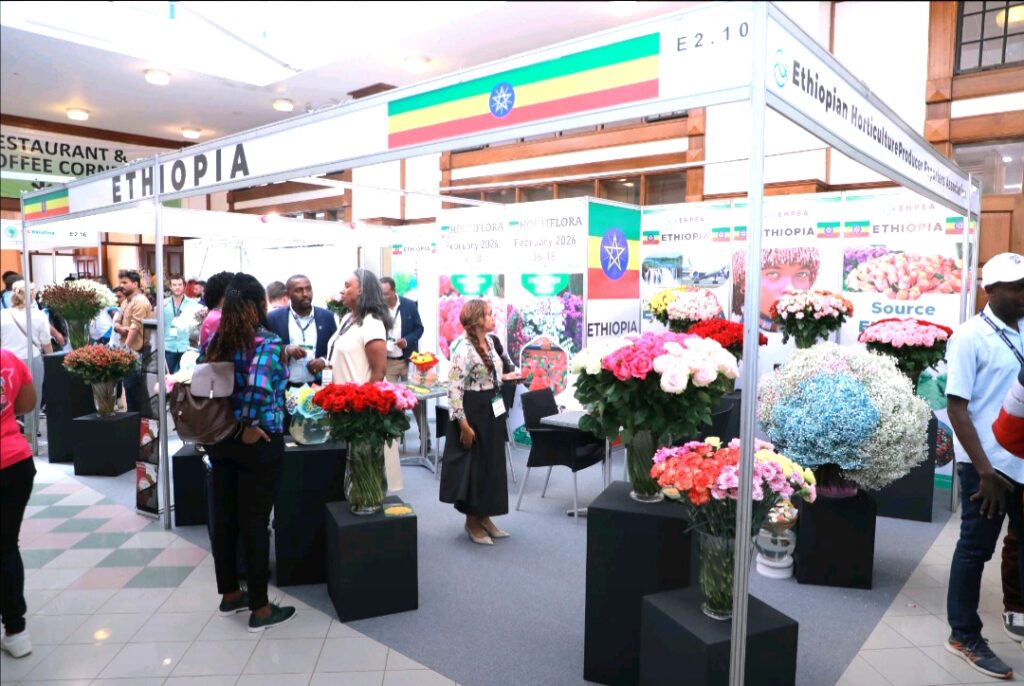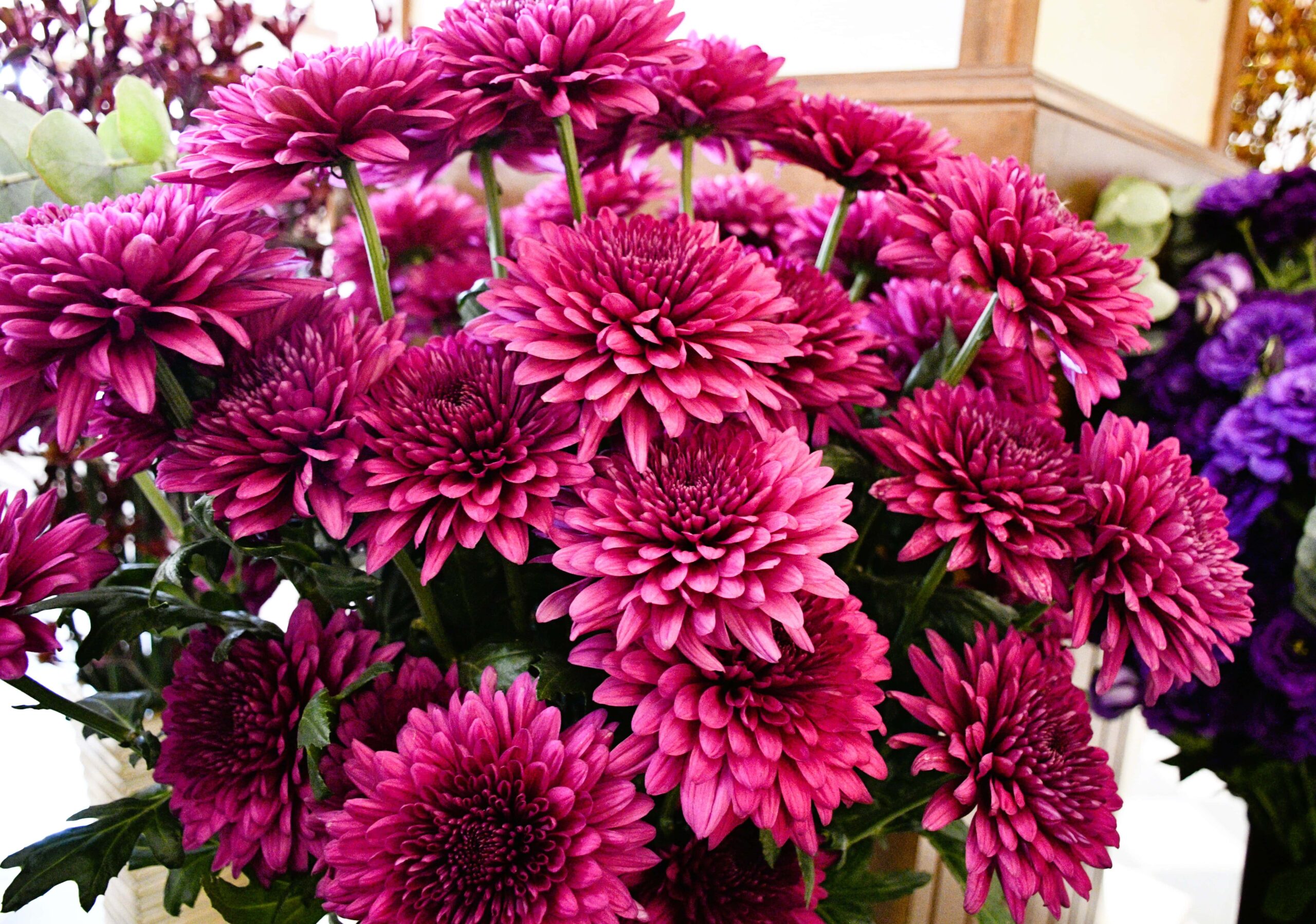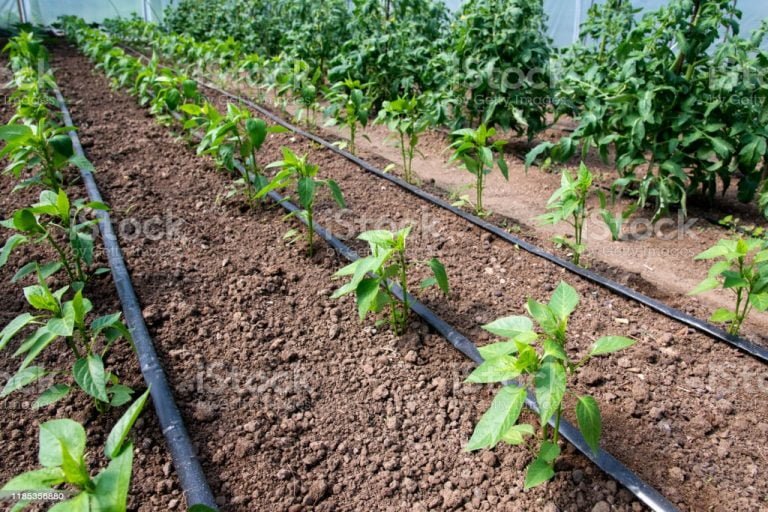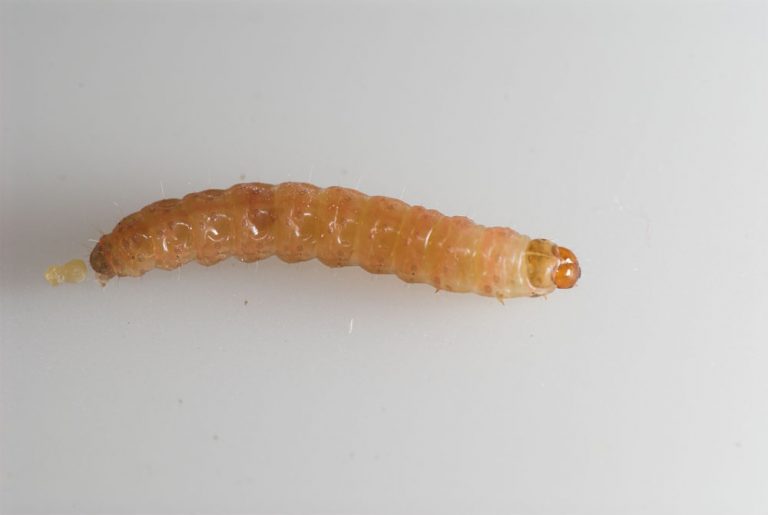By Kimuri Mwangi
Horticulture is one of Ethiopia’s top foreign exchange earners. Specifically, the country is among the top flower producers and exporters in the world, trailing its neighbour, Kenya. The two countries export a lot of flowers to the European market, and they have no choice but to work together to maintain the market, especially with the European regulations getting tougher by the day.
During the recent International Flower Trade Exhibition (IFTEX) 2025 held in Nairobi, the country was represented under the wings of the Ethiopian Horticulture Producer Exporters Association (EHPEA). Kilimo News writer Kimuri Mwangi had an opportunity to sit down with EHPEA Executive Director Tewodros Zewdie to get an overview of the sector in Ethiopia and their prospects.
Let me start by asking about the state of the horticulture sector in Ethiopia. Where are you?
Tewodros Zewdie, Executive Director, Ethiopian Horticulture Producer Exporters Association (EHPEA) : We can claim that the industry emerged from grass to grace because in the last two decades, the growth has been quite exponential in Ethiopia. So, both in forex generation, in job creation and the like, the industry is playing quite a pivotal role in addressing a number of economic issues in the country.
Ethiopia is also among the top five global players in the production and export of flowers. So, the trickle-down effects of the industry are also creating livelihoods for thousands of Ethiopians in addition to the direct employment opportunities. For long, it has been the second largest forex earner to the country next to coffee, but this year, gold is coming into the scene in the second place.
Ethiopia has all the competitive advantages for the production and export of horticultural crops, be it cut flowers, summer flowers, cuttings, fruits, vegetables and herbs as well.

Kenya is ahead of you in the industry. Have you learnt anything from your neighbour, and are you working together?
We are learning quite a lot from the Kenyan industry as well. We are working closely with our partners in Kenya, as the global market is quite sufficient for both of us.
Europe is a major market destination for both Ethiopia and Kenya, and we are sharing different challenges. If I mention, for example, the False Codling Moth (FCM) was labelled as a priority and quarantine pest by the European Union. So, this has been a challenge for both Ethiopia and Kenya. Therefore, we have been cooperating through cross utilization of knowledge and experience. In Kenya, they started their engagement back in 2018. So, a lot of what Ethiopia has learnt was drawn from Kenya as well.
In our engagement with the European Union, we have been aligning together, apart from the cross utilization of knowledge and experience. We have been strategizing together on a number of issues as well.

Has the Ethiopian government given you the necessary support?
You know the success of the industry is the partnership of the private sector with the government. So, we are working closely with the government to address a number of challenges in Ethiopia as well. Be it the formulation of new policies, the amendment of existing policies and the like, we work closely with our government. That has resulted in positive outcomes as far as the business climate is concerned.
But it doesn’t mean that everything is a bed of red roses. There are still challenges, but we are working closely with our government on phytosanitary issues, tax issues and others. We are working closely with our officials in the public sector.
As an organisation, what have you done to ensure the business climate is favourable to stakeholders?
As a business membership organisation, we try to engage in matters that positively or negatively affect the business climate. When we say Ethiopia has both competitive and comparative advantages, the cost of doing business is one of the critical issues.
Ethiopia is one of the cheapest countries as far as electricity tariffs are concerned. We also have competitive airfreight rates from Ethiopian Airlines as well. There is no tariff on input costs, and no duty on producer exporters of horticultural products, and they can source their inputs for free.
Relatively, the cost of doing business is quite competitive in comparison with other locations.
Does that mean there is a huge opportunity for expansion and new investment?
Existing companies do have quite a voracious appetite to undertake expansion in the country. So we are also engaging with our government on that aspect as well, because the land tenure system in Ethiopia is different. It belongs to the government, so negotiations are going on with the government.
New investors are also undertaking feasibility studies. There is a massive investment in the fruit and vegetable segment, with big players already there. In the floriculture industry, we have a few newcomers, but many of the existing companies are interested in undertaking expansion.
What would you consider the biggest issues to focus on in the industry to remain competitive?
I think sustainability is the biggest issue in the industry right now. Embracing sustainability is not a matter of choice; rather, it’s a question of necessity, because there are lots of changes in the supply chain, as well as with the emerging regulations in the European Union and other countries.
Phytosanitary and sea freight are other critical issues because globally, the challenge of climate change is there, and several regulations are coming with regard to carbon footprint discussions. So, I think we need to draw the balance with sea freight as well. I think these are some of the things that we need to focus on.
What plans do you have for expanding your market?
We are diversifying our market destinations and are working a lot to expand the US market. China is also emerging as a critical market destination for us. During the pre-COVID period, it was going well, but after COVID, there was some slowdown. But now we are working closely with our counterparts in the Chinese market.
In African countries, the demand for different products is also increasing, and we are also targeting them. The Middle East is another market destination which we are focusing on.
Logistics in the industry has become a huge topic. Where are you in matters of logistics?
As far as logistical connections are concerned, we are working with Ethiopian Airlines, which flies to more than 140 destinations globally. We are trying to use those connections to increase our reach. With the sea freight also, we are trying to undertake diversification programmes globally as well.
What’s your advice to the stakeholders in the region concerning the industry?
I think that in East Africa, we need to focus on the value addition of our commodities. The biggest value in sales lies in value addition. Even our farmers need to focus on value addition in addition to exporting their products. I think that should be the focus area. And then we need to embrace the sustainability topic as we also address environmental issues. This is what I would like to convey.
And the future for East Africa, I think, is horticulture. Horticulture can contribute a lot in terms of uplifting the masses from poverty. If you look at countries that are good in horticulture, farmers are doing quite good economically. Their livelihood is in a better shape. So the public sector, the private sector, and the civil society need to work in unison to create a better, favourable condition for those who are engaged in horticulture production.




